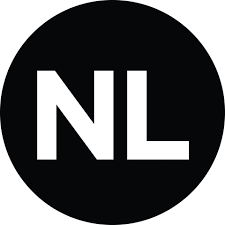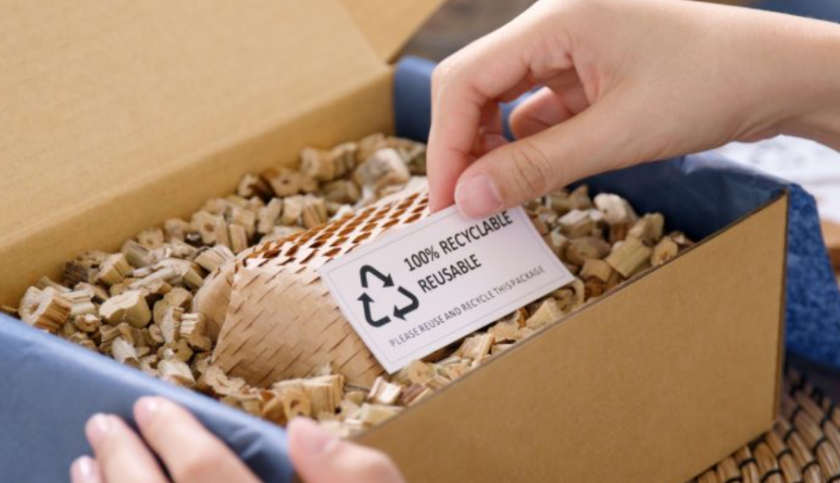 Next Level Apparel, Los Angeles, announced that it will partner with data science company Oritain to trace its cotton origin after committing to only using U.S.-grown cotton.
Next Level Apparel, Los Angeles, announced that it will partner with data science company Oritain to trace its cotton origin after committing to only using U.S.-grown cotton.
Cotton sourcing has been a hot topic in the apparel sector, as companies try to move away from cotton grown in China’s Xinjiang region, a major cotton manufacturing hub and the subject of various investigations into possible human rights violation of the Uyghur ethnic group. Companies have also been trying to meet ongoing eco-friendly goals.
Through this partnership, Next Level says it will be able to enhance its quality control and allow the company to monitor its supply chain partners to ensure that there’s no blending cotton with lower-quality fibers.
“From our local roots in Southern California to our international consumer base, we are dedicated to creating an experience that advances our customers’ mission while ensuring the integrity of the premium quality products we bring to market,” Next Level CEO Randy Hales said, according to Sourcing Journal. “We embrace the protection of our beautiful planet and are purposeful in finding the right options in every area of our operations.
Oritain is a New Zealand-based company that traces products and materials to help businesses stay true to their environmental or social commitments with verifiable data.
“Oritain uses cutting edge forensic science to help truly committed brands continuously evolve in their value chain transparency journey,” Oritain’s chief commercial officer Rupert Hodges said, according to Sourcing Journal. “We are excited to partner with Next Level Apparel, helping them verify the origin of their cotton to guarantee that it is not only the highest quality, enables them to accurately monitor the sustainability impacts at the raw material level, and assisting us in our mission to avoiding unethical labor practices.”
Last June, the Uyghur Forced Labor Prevention Act went into effect, targeting products produced in China’s Xinjiang Uyghur Autonomous Region. The legislation created what is called a “rebuttal presumption” that goods made wholly or in part in the region were made with forced labor, and therefore are ineligible to enter the U.S.
Aside from legislation, numerous apparel manufacturers have independently taken steps to ensure their products are not only produced along ethical lines, but to also ensure the cotton product is of the highest standards.
Over the last couple of years, as the issue in Xinjiang has continued to gain media attention, experts have said that the best thing apparel manufacturers can do is audit their supply chain to ensure compliance.
Next Level’s decision to partner with Oritain fits into that strategy, and gives them verifiable proof to back up their claims and commitments.


